Fire safety is an essential aspect of maintaining a safe living and working environment. Understanding the causes of fires, how to prevent them, and what to do in case of a fire can save lives and reduce property damage. This guide provides Prevention and Protection against Fires
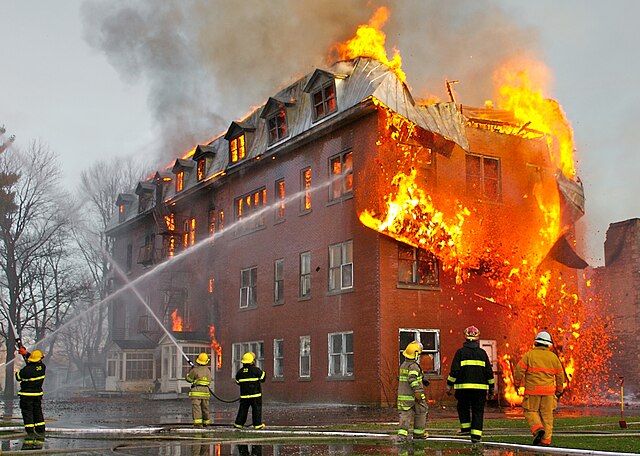
Understanding Fire Safety
Fire safety involves practices and measures designed to prevent the outbreak of fire and to reduce the risk of injury and damage in the event of a fire. Fires can start unexpectedly and spread rapidly, making it crucial to be aware of potential hazards and to have a plan in place.
Common Causes of Fires
Cooking Equipment
- Unattended cooking is the leading cause of home fires. Grease fires can ignite quickly if left unattended.
- Overheating appliances and electrical malfunctions in cooking equipment can also start fires.
Heating Equipment
- Space heaters, fireplaces, and wood stoves can cause fires if not properly maintained or used.
- Flammable materials placed too close to heating sources are a common hazard.
Electrical Fires
- Faulty wiring, overloaded circuits, and the misuse of electrical devices can lead to electrical fires.
- Damaged cords and outdated appliances pose significant risks.
Smoking
- Cigarettes, cigars, and other smoking materials can easily ignite flammable materials if not properly extinguished.
- Smoking in bed or falling asleep while smoking is particularly dangerous.
Candles
- Unattended candles, especially near flammable objects, can start fires.
- Using candles in places where children or pets can knock them over increases the risk.
Chemical Fires
- Improper storage and handling of flammable chemicals can lead to fires.
- Mixing certain chemicals can cause explosive reactions.
Fire Prevention Tips
Cooking Safety

- Never leave cooking unattended. Stay in the kitchen while frying, grilling, or broiling food.
- Keep flammable items, such as towels and paper products, away from cooking areas.
- Regularly clean cooking surfaces to prevent grease buildup.
Heating Safety
- Keep flammable materials at least three feet away from heating equipment.
- Have heating equipment and chimneys cleaned and inspected annually.
- Use space heaters with automatic shut-off features and place them on stable, non-flammable surfaces.
Electrical Safety
- Regularly inspect electrical cords and replace damaged ones.
- Avoid overloading outlets, and use power strips with surge protectors.
- Hire a qualified electrician to update old wiring and address electrical issues.
Smoking Safety
- Smoke outside whenever possible, and use deep, sturdy ashtrays.
- Ensure smoking materials are completely extinguished before disposing of them.
- Never smoke in bed or when drowsy.
Candle Safety
- Use battery-operated candles as a safe alternative to traditional candles.
- Keep candles at least one foot away from flammable materials.
- Never leave burning candles unattended, and extinguish them before leaving the room.
Chemical Safety
- Store flammable chemicals in their original containers and keep them away from heat sources.
- Follow manufacturer’s instructions for the use and disposal of chemicals.
- Never mix chemicals unless you are certain it is safe to do so.
Fire Safety Equipment
Smoke Alarms
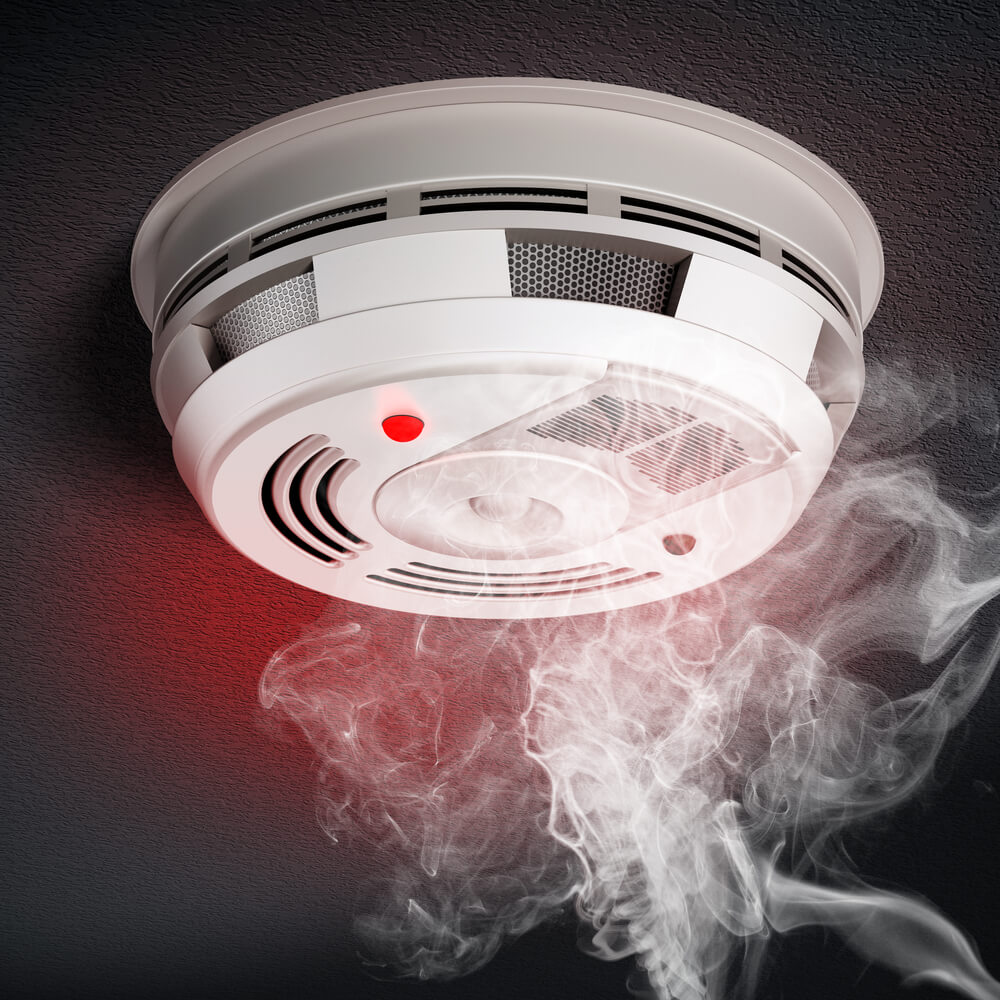
- Install smoke alarms on every level of your home, inside bedrooms, and outside sleeping areas.
- Test smoke alarms monthly and replace batteries at least once a year.
- Replace smoke alarms every 10 years or as recommended by the manufacturer.
Fire Extinguishers
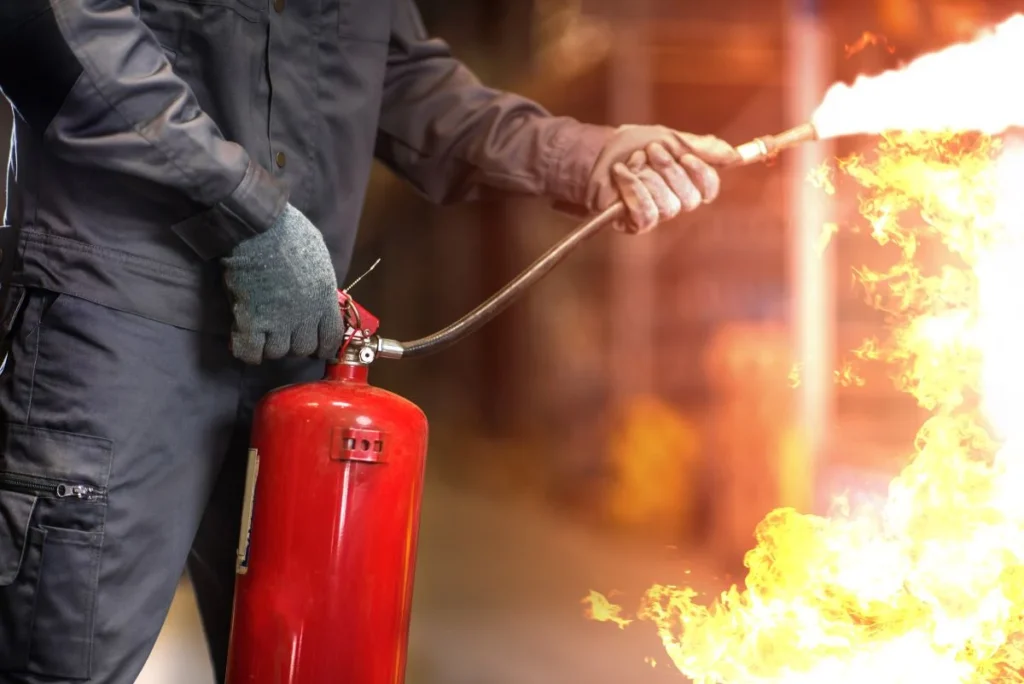
- Place fire extinguishers in easily accessible locations, such as the kitchen, garage, and near exits.
- Choose the right type of fire extinguisher for your needs (Class A, B, C, D, or K).
- Learn how to use a fire extinguisher properly and check it regularly for maintenance.
Carbon monoxide detectors
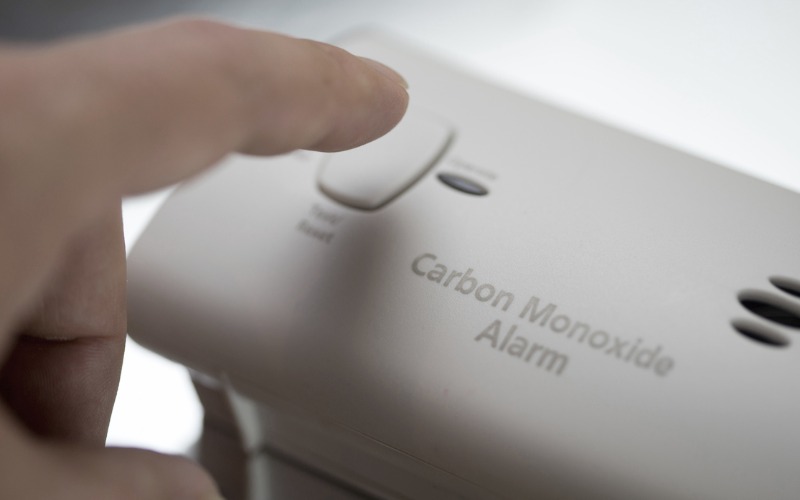
- Install carbon monoxide detectors near sleeping areas and on each level of your home.
- Test detectors monthly and replace batteries as needed.
- Replace carbon monoxide detectors every 5-7 years or as recommended.
Fire Sprinklers

- Consider installing a home fire sprinkler system for added protection.
- Fire sprinklers can control and often extinguish a fire before the fire department arrives.
Creating a Fire Escape Plan
Practice Your Escape Plan
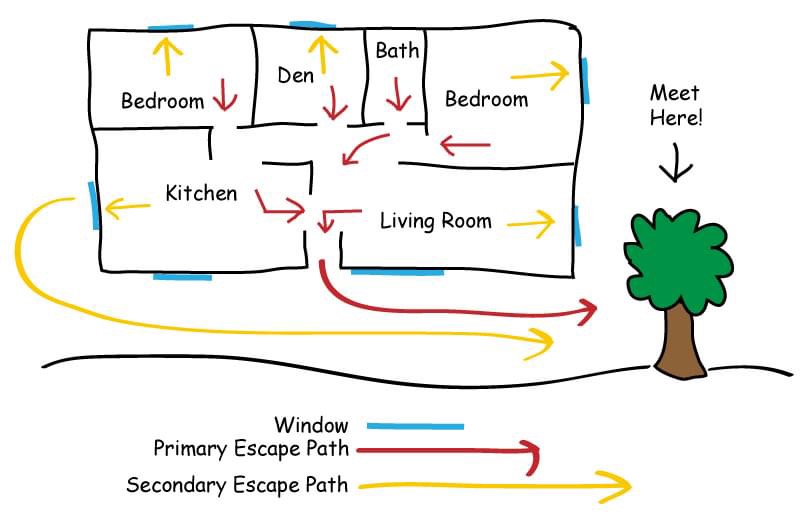
- Conduct regular fire drills, at least twice a year, to practice your escape plan.
- Include different scenarios, such as escaping from different rooms or during the night.
Teach children fire safety.
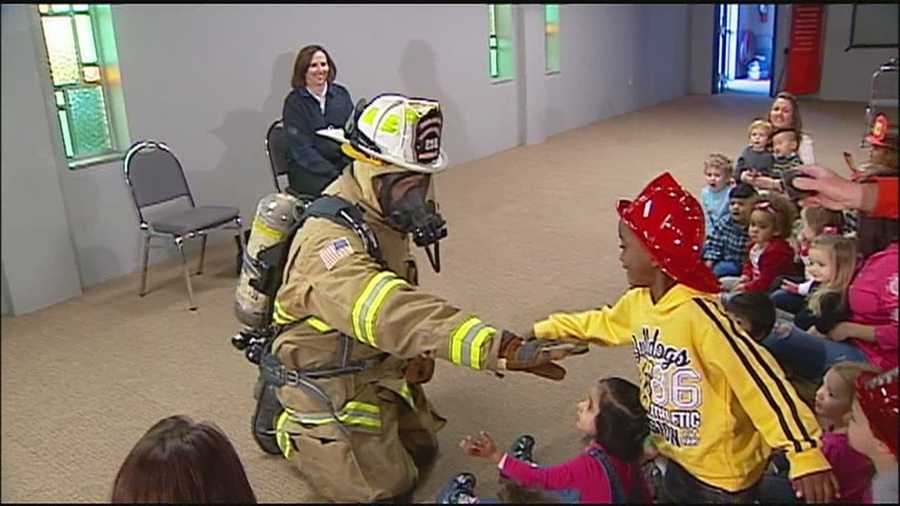
- Educate children about the dangers of fire and what to do if they hear a smoke alarm.
- Teach children how to crawl low under smoke and how to stop, drop, and roll if their clothes catch fire.
What to Do in Case of a Fire
React Quickly
- If you hear a smoke alarm or see fire, act immediately. Do not ignore the alarm.
- Stay calm and follow your escape plan.
Evacuate Safely
- Use the closest exit and avoid elevators.
- If smoke is present, stay low to the ground to avoid inhaling toxic fumes.
Check Doors for Heat
- Before opening a door, feel the door and doorknob with the back of your hand. If it is hot, use an alternate escape route.
- If the door is cool, open it slowly and be ready to close it if smoke or fire is present.
Close the doors behind you.
- Close doors as you exit to slow the spread of fire and smoke.
Do Not Re-Enter
- Once you have evacuated, do not go back inside for any reason. Wait for emergency responders.
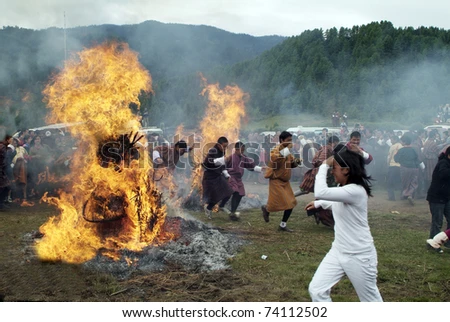
Final words
Fire safety is a critical responsibility that requires awareness, preparation, and proactive measures. By understanding the common causes of fires and implementing preventive strategies, you can significantly reduce the risk of fire in your home or workplace. Regular maintenance of fire safety equipment, creating and practicing escape plans, and educating family members and employees about fire safety are essential steps to ensure everyone’s safety. Remember, being prepared and informed is the best way to protect lives and property from the devastating effects of fire.